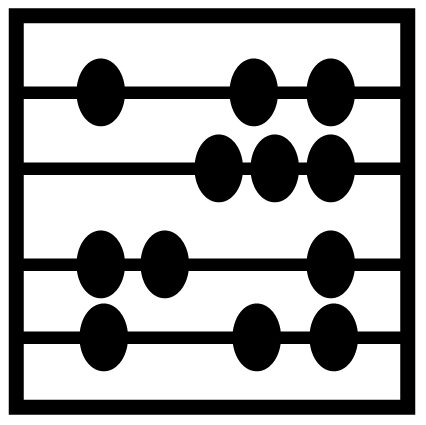Chance, tactics and physics all have an effect on an athlete’s performance. While chance is defined as the probability an event will occur, and tactics are essentially the mental game plan, what exactly do the laws of physics mean for sports?
Sports and physics are deeply intertwined. Nearly every sport relies on an athlete’s ability to apply force to certain objects, whether it be a ball or other equipment such as a tennis racket or golf club. Not only is force a key consideration, but also the transference of work and energy between an athlete, their equipment, and other athletes. In the game of football, for instance, players create momentum with their body: the more momentum they have, the harder they are to tackle. Inertia is a physics concept that describes the propensity of objects in motion to stay in motion — think “Newtonian Law “– like the way a curling stone skims across the ice until it is slowed and stopped by another in its path. Angular momentum refers to the movement of an object or mass during rotation, and a good example of this concept is the way a figure skater pulls their arms in close to their body to gain maximum speed while spinning. Finally, torque is the measurement of twisting force, such as a golfer’s nearly violent hip rotation, part of the kinetic chain that will ultimately generate maximum club head speed.
No matter what sport you play, knowing that sport in terms of physics allows an athlete additional perspective on how to be successful at it. An athlete who understands how objects like balls and bodies move according to physical laws of nature will have improved reaction time, better proprioception, and greater accuracy and precision.
To learn more about the laws of physics – or get help with physics homework, schedule your private tutoring lesson today. Click on Physics by Paul from the dropdown menu under Schedule




